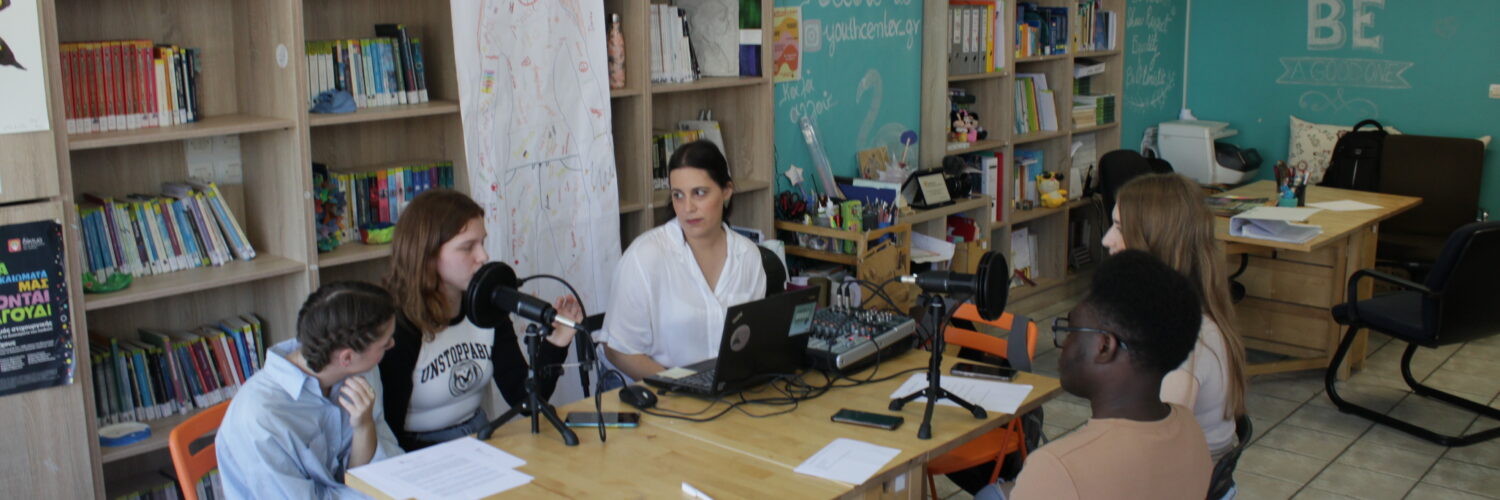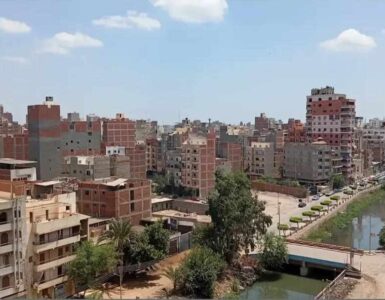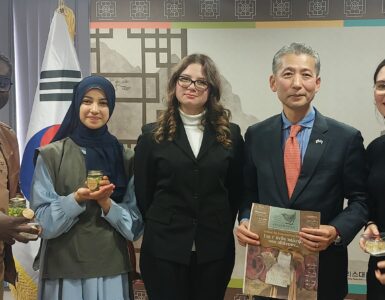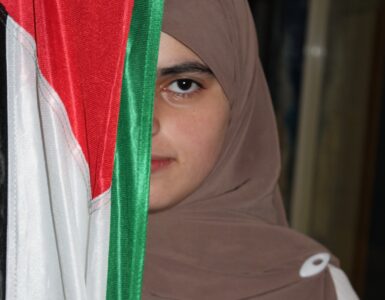By Facinet K., Alexandra Kosovan
Children’s rights have been a much-discussed issue for many years. Many organizations are finding different artistic ways to incorporate them in children themselves and later to promote them in society. Migratory Birds had the opportunity to talk to two of the winners of Acting for Children’s Rights, Myrto Tegou and Paraskevi Patrikis whose play focused on discrimination in Greek schools that is later reflected in society.
What did you try to communicate through your play?
Myrto Tegou: Our aim was to convey what we have experienced, things that may burden us and weigh us down every day, but we consider them something normal. The workload, for instance, for the national exams.
That’s what we tried to convey through the characters in the play. Everyone in school has the “spoiled” classmate who is actually weighed down by the system and the long hours of lessons. Also, we all have classmates who come from another country, who are looked down upon and that is something that definitely weighs on a child. We also, have the blind classmate who is ignored not only by the system, but certainly by his surroundings. These are all burdens that children have without having done anything.
The emotions we wanted to express, but certainly to evoke, were a “rage”, a cry for help, because these situations are exhausting for children who at this age should be in a state of carefree, safe and secure, and yet this is not the case.
However, at the end of the play we also wanted to give a note of hope that this can change.
Have you experienced something similar in the past, like what you describe in the play?
Paraskevi Patriki: Basically, everything we wrote is experienced situations of our everyday life, because all children have, willingly or not, a common path in life, especially until adolescence. We face the same risks, we try to be liked by others, to adapt to all the “musts”, which do not suit all of us, but that is what makes us unique.
There is not a school classroom that does not have a child who is unhappy and experiences all the things we have written about in the play. The sad thing is that children become more introverted and do not open up to others.
A child may indirectly ask for help, but does not get it. While we should help others, we end up ignoring them. The “others” cease to exist for us, and the situations are not resolved and as a result everything is difficult in the school community. So, we experience all of this on a daily basis.
Do you think we should put ourselves in each other’s shoes more often?
Paraskevi Patriki: This is something that the Greek school should do because there is no society or human relations without empathy.
But today, people jump to conclusions, they judge too easily, they put labels on others.
In order to understand others and for the world not to be so ugly towards everyone’s diversity, children should learn from a very early age that everyone is special. They should not care where someone comes from or their economic status. To accept the other person not because they fit in, but for their uniqueness and because they are a wonderful person.
But is it enough to put ourselves in the other person’s shoes to combat social phenomena such as racism?
Myrto Tegou: Empathy, is the foundation to confront many social problems, such as racism. But it is certainly not enough to confront it. I mean, it’s a problem that is multidimensional, it’s not just of the individual person, it’s of the whole system.
It certainly takes many things, such as combining two ideas. One idea is a just system that does not separate people or despise anyone. The other idea is a system of education that is not competitive for students and gives everyone the same opportunities, carrying out nice actions like this.
Does the school explore children’s rights as much as it should? What is happening in the outside world?
Paraskevi Patriki: Teachers can do some work on it, but there is very little time. Everything is rushing at school, the curriculum, the classes. The education system doesn’t give so much grounding so that children can come out mentally healthy in society.
So, if something is done, it will be done very superficially through some small actions, but it will not solve the problem of the child experiencing it. And while the school does not prepare the child to be mentally healthy and to be able to cope with situations, to cope with their own problems, they go out into society and society orders them not to be weak, while they are weak and to have skills that the school has not taught them.
Therefore, society becomes difficult for these children and more fear prevails. And so, all the problems are perpetuated, and life goes on…









Add comment